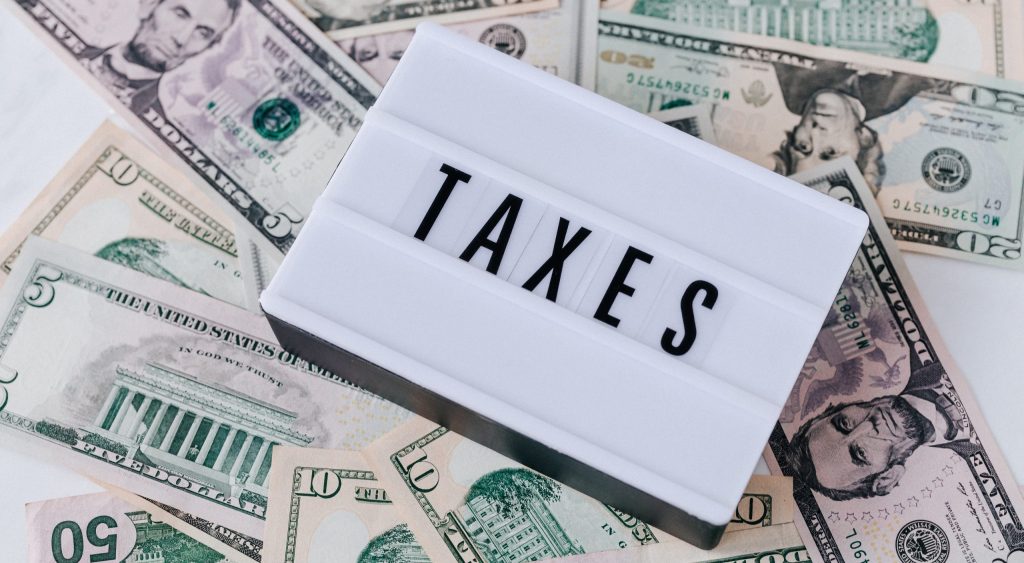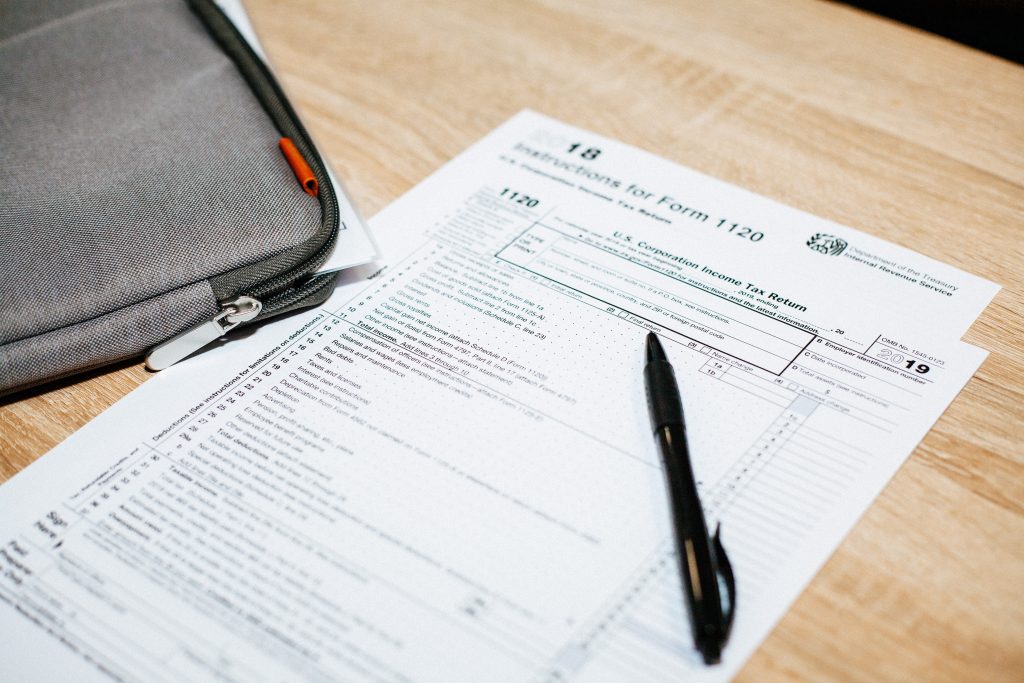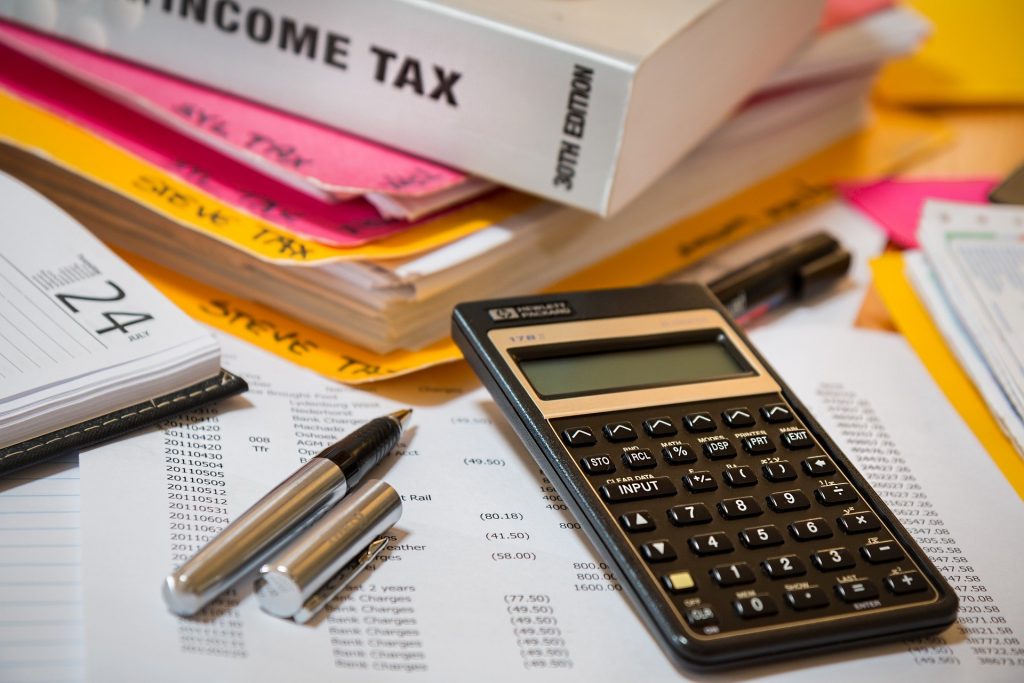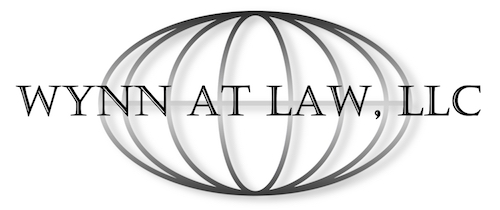The tax season is upon us, and the tax deadline is coming up on April 15th, 2021. Many of us are looking forward to receiving a nice-sized income tax refund check. But, for people thinking about bankruptcy, there are many questions to consider.
- What happens to your tax refund check if you plan to file for bankruptcy?
- Can you lose your tax refund?
- Should you wait to file your taxes?
In this article, Wynn at Law, LLC’s bankruptcy attorney Shannon Wynn explains how you can file for bankruptcy and keep your income tax refund.

Should I wait to file my income taxes if I am considering bankruptcy?
Are you contemplating filing for Chapter 7 or Chapter 13 bankruptcy this year? If so, you may be wondering about the best timing for your bankruptcy. One common consideration is if it is better to file bankruptcy before or after filing your income taxes.
Each individual’s situation is unique. A bankruptcy attorney can help you decide when is the best time for you to file.
Generally, Wynn at Law, LLC’s bankruptcy attorney, Shannon Wynn, recommends filing your bankruptcy petition after filing your income taxes. In most cases, this is the best scenario. If you file for bankruptcy before filing your 2020 income taxes, the bankruptcy trustee may request you file your 2020 taxes quickly after your bankruptcy filing. Filing your taxes prior to filing bankruptcy, will also help your bankruptcy attorney give you the best advice on any refunds you are entitled to receive from the state or federal government.
Your income tax refund and the bankruptcy estate
Your bankruptcy estate consists of all the assets you own when you file your Wisconsin bankruptcy case. Your income tax refund amount is included in your bankruptcy estate. That means the bankruptcy trustee may be able to use the refund to pay your creditors, whether you have already received the check or if you are still expecting the refund check.
It is possible to protect your income tax refund check from the trustee, but that will depend on the allowable amount you can exempt by law and is influenced by the other assets you need to exempt. It is essential to consult with a bankruptcy attorney to pre-plan your bankruptcy estate and exemptions.

Ways to keep Your income tax refund check when filing for bankruptcy
You can spend your tax refund prior to filing bankruptcy without getting into trouble with the bankruptcy trustee if you spend it the right way. This list includes living necessities, such as mortgage payments or rent, food, car repairs, and a few others. Ask a bankruptcy attorney what expenses qualify.
It is important to remember that some expenses and utilities can be paid, such as medical bills, but may not be a good idea to pay prior to filing bankruptcy. Once you file your bankruptcy, you may not be responsible for repaying those creditors. You must choose the best way to spend your tax refund, and it is wise to do so under the advice of a bankruptcy attorney.
A bankruptcy attorney can help protect your tax refund
The absolute best way to avoid losing your income tax refund is to talk to a bankruptcy attorney. It may be worthwhile to use your income tax refund to pay your bankruptcy attorney fees if you plan to file for bankruptcy. If you are hiring an attorney to help with your bankruptcy case, which you should, you need to pay your bankruptcy attorney before filing your bankruptcy case. With your tax refund, you can pay your bankruptcy attorney upfront in one lump sum and start your case faster. This is especially beneficial if you are having a hard time raising the money for the cost of filing bankruptcy.
Things to avoid doing with your tax refund when filing for bankruptcy
You must not spend the income tax refund money frivolously. Never purchase luxury items or spend the money on loan repayments to your family and friends. Doing so can cause the trustee to require the repayment of the money.
People can often spend their tax refund money before filing for bankruptcy. File your taxes, receive your check, spend the money, and then file your bankruptcy. However, it is vital to keep a record of exactly how the money was spent. The bankruptcy trustee has the right to ask you.

Can bankruptcy eliminate income tax debt?
It is possible to discharge some Federal and Wisconsin income tax debt by filing for bankruptcy. However, the debt must meet specific qualifications:
- Federal or state income taxes only.
- Tax returns must be filed on time – despite not paying the balance due.
- The tax debt must be at least three years old. (If you are expecting to owe money for your 2020 income taxes, it will not be dischargeable because the debt is less than three years old.)
- The IRS’s income tax debt must be assessed at least 240 days before you file or must not have been assessed at all (240- Day Rule).
Once your qualifying tax debt has been discharged through bankruptcy, you are no longer responsible for paying back the taxes and any penalties assessed on your tax debt.
Do I need to file my income taxes?
Yes. The bankruptcy trustee will require you to provide copies of (at least) the last 2 years of income taxes.
Contact Wynn at Law, LLC’s bankruptcy law office
If you are considering bankruptcy this year and have questions, please contact our bankruptcy attorney, Shannon Wynn. Wynn at Law, LLC offers free, in-depth bankruptcy consultations. Our bankruptcy attorney is here to listen, advise, and help during your financial difficulties. You can reach our bankruptcy attorney by phone at 262-725-0175 or by email via our website’s contact page. Wynn at Law, LLC has bankruptcy law offices conveniently located in Salem, Delavan, and Lake Geneva, Wisconsin.

